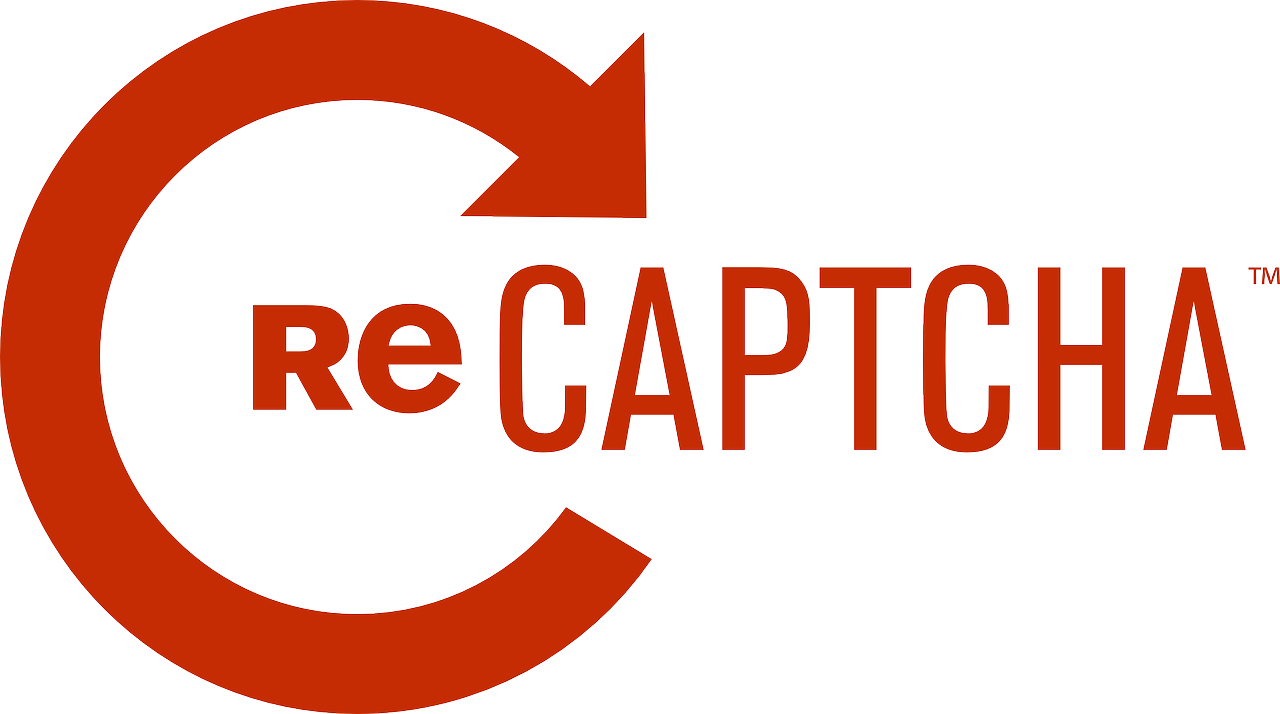CAPTCHA (for Completely Automated Public Turing Test to Tell Computers and Humans Apart) is a type of challenge-response test used in computing to determine whether or not the user is human.
CAPTCHAs are often used to block automated software from performing a particular action, such as registering for an account on a website or filling out an online form. They are also used by companies to prevent spam bots from accessing their websites. For example, if you have ever tried to register for an account on a website and been asked to complete a CAPTCHA before proceeding, it was because the site's administrators wanted to prevent spammers from registering accounts using automated scripts.
Captcha is a type of challenge-response test used in computing to determine whether or not the user is human. It is a form of Turing test in which the computer asks a user to enter text that it generates and compares it to a control value, then repeats the challenge to verify that the text was entered by a person rather than a computer program.
Captchas are often used in computing to protect websites from bots by generating problems that are easy for humans to solve but hard for computers, specifically algorithms, to solve. One example is "reCAPTCHA". In this case, users are asked to read and type the distorted words from an image of scanned text. This helps digitise books while preventing spam comments on blog posts and other Internet forums.
TYPES OF CAPTCHA
-
Text captcha: The most common type of captcha is text captcha. Here, you will be asked to enter a text string that is displayed on the image. This is like solving a simple word puzzle in order to verify that you are human.
-
Image Captcha: In this type of captcha, you will be given an image with some text in it, which you need to read and then enter into the provided field. The text is usually distorted in some way so that it is hard for bots to understand.
-
This type of captcha requires you to listen to an audio file that contains instructions for completing the task at hand. For example, if the audio file says "enter your email address," then you must enter your email address in the provided field after listening to the audio file.
Captchas can be used for various purposes, such as:
-
Preventing automated sign-up on websites
-
Providing user feedback on content quality
-
Preventing comment spamming on blogs and forums
-
Captcha is used to verify that a person is not a robot. It is used in many places, like website registration forms, comment sections, etc.
-
Captcha can protect your website from spamming by humans and bots. It will act as an obstacle for bots to submit the form, and humans will have to solve it to submit the form.
REASONS WHY MOST WEBSITES USE CAPTCHA
-
The main reason why most websites use captcha is to stop bots from spamming their sites. Bots are programs that do the same thing over and over again, usually to make money from people who are trying to get through a form or something similar.
-
Another popular use of captchas is to prevent automated comments and ratings on websites like blogs and forums. In this case, you might ask users to enter a series of letters or shapes into a box before commenting on your blog post or leaving a rating on a product review page. This helps ensure that humans are leaving comments and ratings instead of bots that are programmed to leave spam comments in order to increase traffic on your site.
-
Captchas are a way for a website to determine whether you are a human or a computer program. Captchas are used by websites to make sure that the user is not a bot or machine.
-
To prevent automated attacks If your website is running on a public server, then there’s nothing stopping hackers from attacking your site with automated scripts like SQL injection or cross-site scripting(XSS). These attacks are hard for an average user to protect against, but captchas can be used as an extra layer of protection.
In this article, I've shown you how important captcha is and why most websites use it. You have also seen the various types of captcha.
